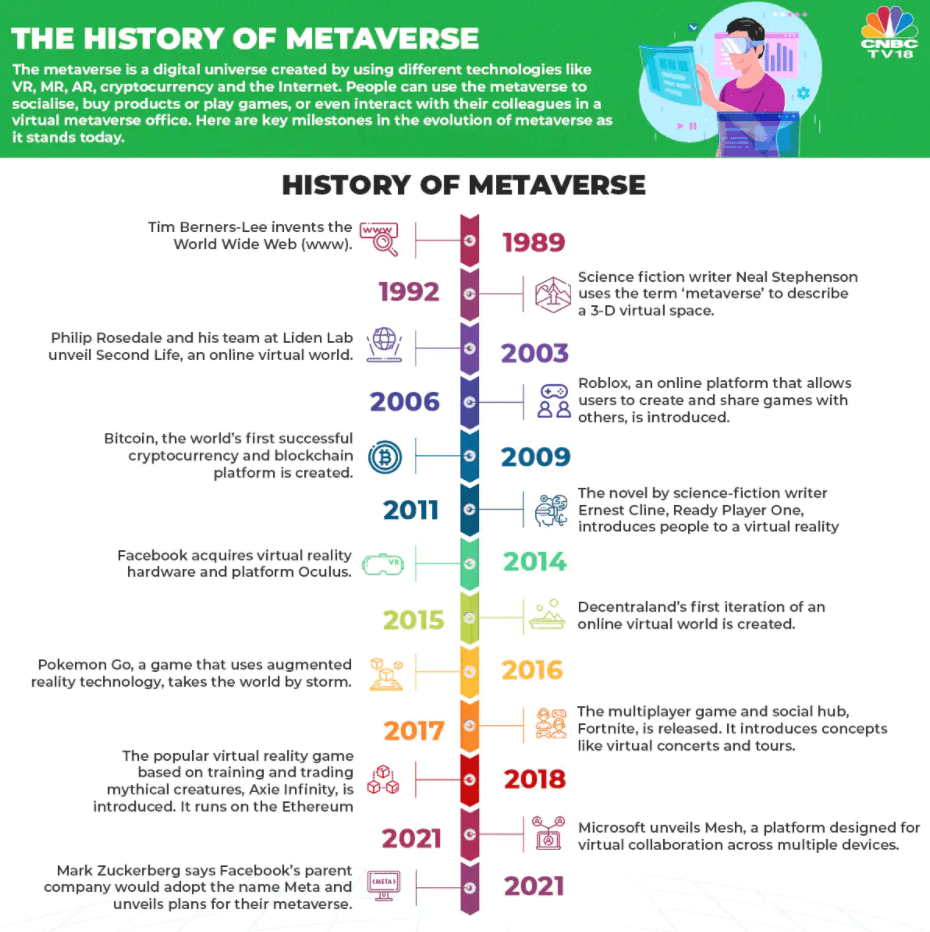The Future of Online Elections?
While the idea of the metaverse has been a driving force in recent times. The world of politics and elections has remained somewhat untouched. However, the future of elections and voting can heavily be dependent on technology.
The traditional electoral system involves voters, candidates, voting ballots, and votes that will indicate the result of the elections, i.e., the winner for the unique position. Unfortunately, this system can be extremely easy to rig, and voter fraud is common in some countries. For this reason, the world has moved towards dedicated electronic voting systems that are supposed to ensure transparency.
Advantages of Electronic Voting
- Increased attendance is a definite advantage of internet-based voting.
- Long-term benefits of cost-effectiveness with regards to the scope of the vote.
- Results of electronic voting are much faster than that of paper-based voting.
The metaverse (or the technology behind 3D virtual, social environments) has been coming for a while now. Therefore, Developments in video games and XR reality seemingly led to these kinds of online platforms since the early 2000s. However, the COVID-19 pandemic has also resulted in a unique context under which metaverses have become both widely relevant and discussed.

How online election campaigns already impact today
In the run-up to the Assembly elections in five states, including Uttar Pradesh, Punjab, Uttarakhand, Goa, and Manipur, political parties have turned to the internet to communicate with their constituents. This comes on the heels of the Election Commission of India (EC) prohibiting large-scale gatherings due to the ongoing pandemic.
For instance, the Indian National Congress launched its virtual campaign ‘Priyanka Ke Saath Live,’ in which the party’s general secretary Priyanka Gandhi interacted with people and answered their questions via Facebook Live. Similarly, Arvind Kejriwal, the Chief Minister of Delhi, launched the ‘Ek Mauka Kejriwal Ko’ campaign. With this, he urged Delhi residents to upload videos (via social media platforms) of all the good work done by the Aam Aadmi Party (AAP) in the national capital. He urged residents of other poll-bound states to give the party a chance.
According to recent market research, 35% of 1,094 respondents surveyed said they use Facebook to read about state politics, higher than the 14%, 17%, and 6% who said they use Instagram, YouTube, and Twitter, respectively. 68% of those polled said they interact with politicians on social media. Surprisingly, 80% of voters believe that political advertising on social media platforms effectively keeps voters engaged and inclined toward a political party.
The digital medium is becoming more popular as the Internet becomes more widely available. However, according to political strategists, the digital medium is just another medium for reaching out to the public, similar to other forms of media.
Regarding voters with disabilities, it is no secret that many physical polling stations have features that hinder full election accessibility. While voters with certain disabilities would certainly gain accessibility through a virtual polling station environment. In conclusion politicians must decide if this technology can be implemented in their country.
One thought on “New Official voting in the Metavese?”